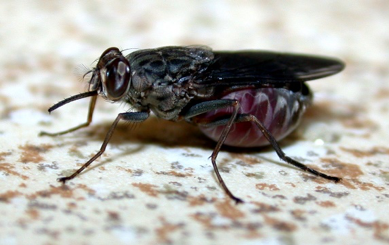Description
Material provided: Physical access for end-users
Unit definition: 1 week of access
Biosafety level: CL2
Location: Centre de coopération Internationale en Recherche Agronomique pour le Déveoppement (CIRAD) Montpellier, France
Installation name: UMR ASTRE (AnimalS, health, Territories, Risk and Ecosystems)
Website: ASTRE
The facility
Located at CIRAD, Baillarguet campus, the insectarium area (I1 and I2) is designed to house and raise various species of non-infected arthropod vectors. State-of-the-art CL2 (112m²) quarantine laboratories consists of:
- 4 polyvalent rooms with controlled temperature, hygrometry and light, enabling the breeding and maintenance of various species,
- 2 rooms equipped with climatic chambers for tick breeding and for the study of life history traits in vectors.
A common laboratory allows the preparation of the manipulations and an animal room hosts rabbits. The insectary is connected to CL2 (600m2), CL3 (250m2) and animal facilities (small and large animals)
Available vectors
If needed for the experiments, tsetse flies or soft ticks vector colonies should be ordered on the Infravec2 website.
Users’ own arthropods colony/strain of interest might be hosted in the lab for the duration of the experiment, upon specific agreement.
Services offered
CIRAD provides 1 week (accumulative) access to its CL2 laboratories to conduct experimental infections with arthropods (tse-tse flies, Culicoides, mosquitoes, soft or hard ticks from field and/or lab colonies). The unit of access offers the rearing of the arthropods necessary for the experiments prior to the arrival of the user, their experimental infection with virus and/or parasites and help from a technician and supervision by a researcher for completion of the assays.
Possible experiments
- Vector/microorganism interactions: study of vector competence by experimental infections with pathogens.
- Study of arthropod bacteriome and its effect on life history trait or vector competence, using dedicated antibiotic treatments.
But also:
- Development of molecular tools (taxonomy, diagnosis of pathogens transmitted by these vectors).
- Study of the life history traits of arthropods to better understand their bio-ecology.
- Development of innovative vector control methods and evaluation of biocides (but not directly to the insectarium).
- Testing blood feeding stimulants and questioning host preferences of arthropods.
For more information, please contact us.

